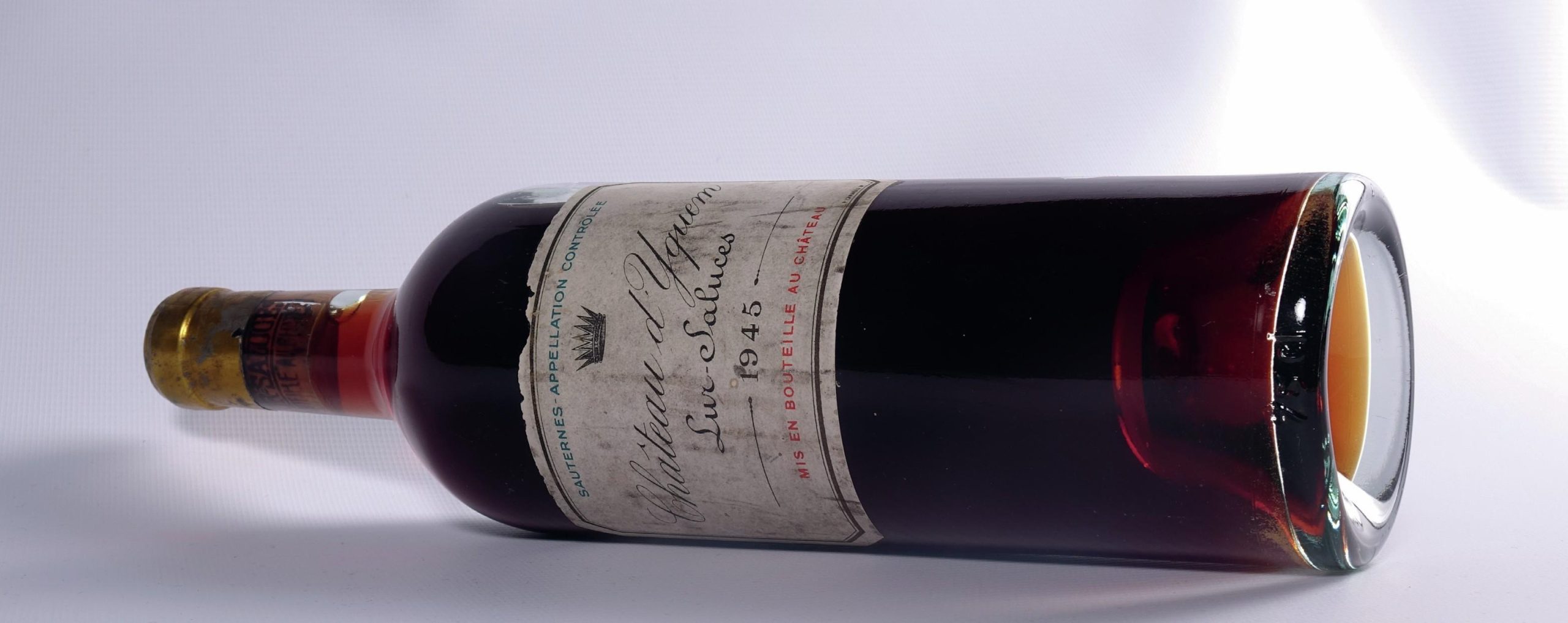Will Pernod Ricard’s results eclipse the company’s legal issues?
Pernod Ricard will be in the spotlight on Thursday when it publishes its results for the six months leading to the end of December. Meanwhile, charges levied against the company by Indian authorities are yet to be squashed.

Chairman and chief executive Alexandre Ricard has already created expectations for the company’s half-year numbers to be buoyant.
Back in October he revealed first-quarter organic sales growth of 11%, saying he was “hugely encouraged” by the start to the financial year.
Although global conditions remained “challenging and volatile”, Ricard predicted that this “dynamic growth” would continue for the full financial year to the end of June.
Investors and analysts, however, will want to dissect the numbers and examine in detail the figures for the three months preceding Christmas.
Already, Diageo, Rémy Cointreau and LVMH have said that this latest quarter marked a deceleration in growth to the sort of levels prevailing pre-Covid. This was particularly marked in North America where consumption has returned to a more balanced pattern between the on-trade and off-trade.
The cocktail boom is continuing, albeit at a slower pace. Only last week the Distilled Spirits Council of the US released figures showing that spirits sales last year rose by 5.1% to US$37.6 billion and had overtaken the beer sector, while volumes had risen by 4.8% to top 305 million cases of spirits.
As the US is the largest and most profitable market for the French group, interest will lie in whether Pernod Ricard has continued to improve its market share and margins there.
Like its competitors, Pernod Ricard has pushed through price rises to match inflation so there will be much intrigue in what the company says about its trade in the US during the first few weeks of this year, and whether consumers are showing any signs of resistance by trading down.
Eyes will also be fixed on the performances in Pernod Ricard’s next largest markets, China and India, both of which are “must win” markets for the group.
Ricard said both had performed strongly between July and September, and now that China has relaxed many of its Covid-restriction measures, demand is said to be increasing.
Rémy Cointreau, which leads the Cognac market in China, is eyeing a large resurgence in demand but on the other hand Bloomberg has reported a huge overhang in baijiu supplies which could hold back uptake of premium spirits.
When Pernod Ricard reports its latest results, almost a month will have passed since the Chinese New Year celebrations to welcome the Year of the Rabbit. As the first global group to be in the spotlight since that festival took place, analysts will be looking for an early indication on sales from Pernod Ricard as a guide to the wider drinks market.
Ricard is cautious about offering impressions about specific markets but with India now vying with China for second spot after the US in the French group’s sales hierarchy, he is certain to be asked about the legal difficulties the company has encountered in Delhi.
Partner Content
Documents lodged recently by India’s financial police, the Enforcement Directorate, allege that Pernod Ricard went too far in trying to secure its position in the country’s capital by mis-declaring prices, effectively creating a sales cartel in some retail zones and underwriting loans to retailers which broke the law governing ownership of them.
The company has been in dispute with the Indian government about the taxation of imported spirits, a sector in which Pernod Ricard is market leader. The charge levelled against the company of mis-declaring ex-distillery prices is believed to hinge on differing interpretations of the value of consignments.
Pernod Ricard controls about 25% of the whiskey market in India and in accounts recorded for the year to March 2022, its Indian subsidiary increased its revenue by 17%.
The latest charges allege that Pernod Ricard obtained an unfair advantage in the Delhi area after the local government relinquished its monopoly control of retail distribution two years ago. It has since reverted to the old system.
The underwritten loans, it is suggested, required retailers to guarantee a minimum stock level of 35% of Pernod Ricard products, giving an unfair advantage and allowing Pernod Ricard India to make excess profits in the region.
Pernod Ricard has strongly denied the charges and says it is cooperating fully with Indian authorities in the expectation of being fully exonerated.
“Pernod Ricard India is committed to being compliant with the laws of the country”, it said in a statement. “All the allegations are factually incorrect and we are relying on the ongoing judicial process to demonstrate that Pernod Ricard India has acted in good faith”.
The next hearing is scheduled for 23 February.
Related news
Becle profits slide 12.8% as Jose Cuervo owner hit by weaker US Tequila sales
Why comfort-food cocktails are dominating bar menus in 2025
Chivas Brothers weathers mixed markets as first half sales fall 5%




